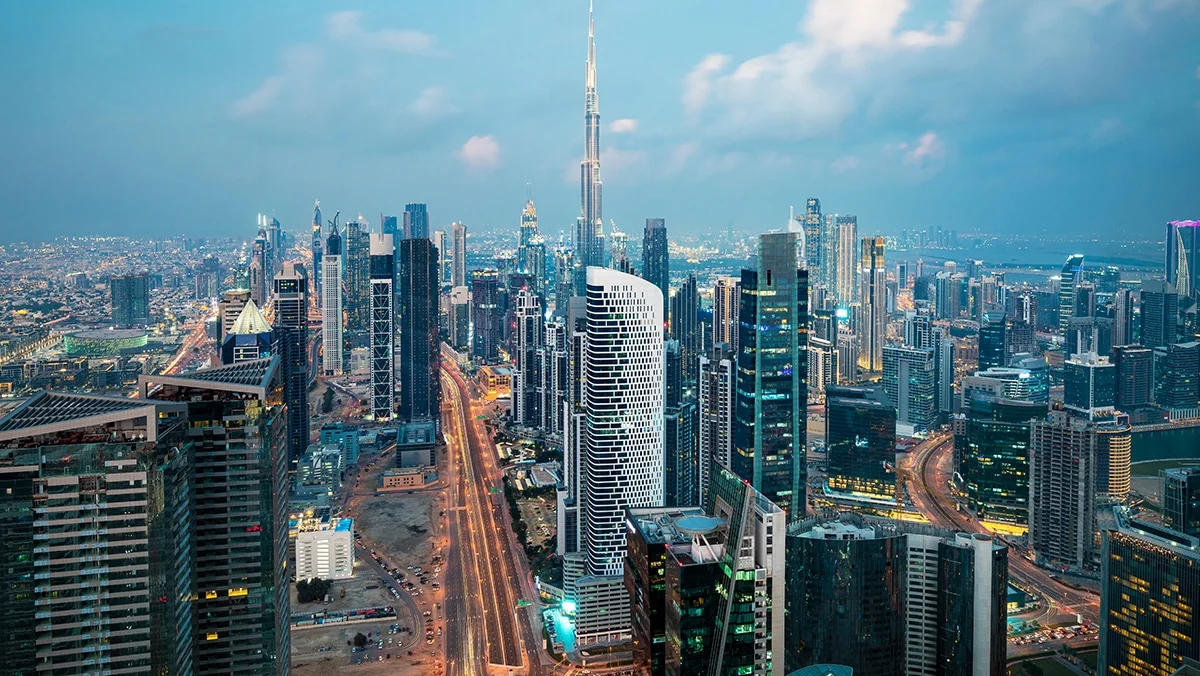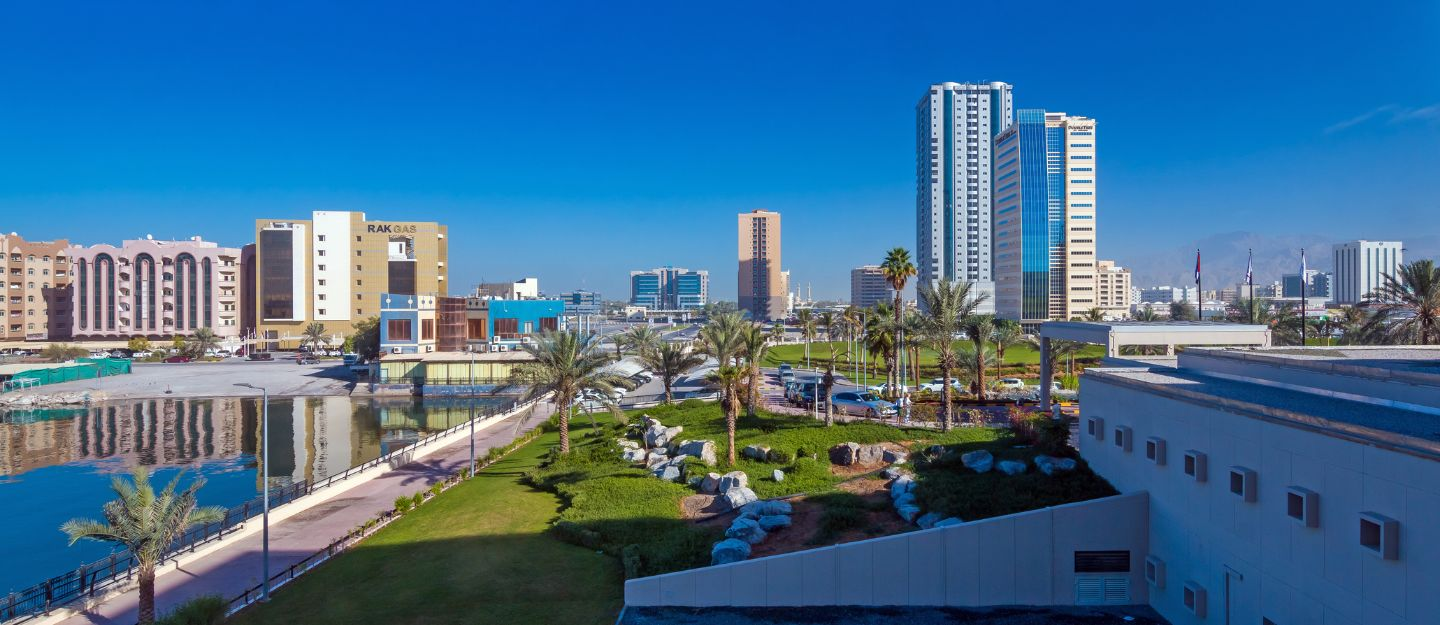Now Reading: UAE Press Laws You Must Know Before Reporting in 2025
-
01
UAE Press Laws You Must Know Before Reporting in 2025
UAE Press Laws You Must Know Before Reporting in 2025

Table of Contents
In 2025, the landscape of journalism in the United Arab Emirates (UAE) continues to evolve under a legal framework that prioritizes national security, public decency, and responsible reporting. While the UAE encourages a modern and technologically advanced media sector, journalists working in the country must understand the legal responsibilities and boundaries that govern press freedom. Whether you are a local journalist, foreign correspondent, editor, or media house owner, staying informed about the UAE’s press laws is essential to avoid legal trouble and maintain journalistic integrity.
This article breaks down the key press laws in the UAE and explains what every journalist must know to operate within the country safely and ethically in 2025.
Overview of UAE’s Media Law Framework

The UAE does not follow the same press freedom standards as many Western nations. However, it has made significant efforts to modernize its media sector. The major law governing journalism in the country is the Federal Decree-Law No. 34 of 2021 on Combatting Rumors and Cybercrimes, along with the UAE Media Law (Federal Law No. 15 of 1980) and updated guidelines from the National Media Council (now part of the Media Regulatory Office under the Ministry of Culture and Youth).
Journalists must also be aware that in 2021, the UAE government introduced a new UAE Penal Code (Federal Decree-Law No. 31 of 2021), which also contains provisions related to media offenses.
Licensing and Registration
All media outlets and journalists working in the UAE are required to register with the UAE’s Media Regulatory Office. This includes digital news platforms, television stations, magazines, newspapers, and foreign media bureaus. Freelance journalists must also seek appropriate permits if they wish to report in the country.
Media licenses must be renewed annually, and any changes in ownership, editorial policy, or content direction must be reported to authorities. Failure to register or work without a license can lead to heavy penalties, including fines and deportation in the case of foreign nationals.
What Journalists Can and Cannot Report
In the UAE, there are clear red lines that journalists must not cross. These include:
- Criticizing the ruling government or royal family
- Insulting Islam or other recognized religions
- Promoting hate speech or sectarianism
- Spreading rumors or unverified information
- Revealing confidential government or security data
- Publishing content that violates public morality
While coverage of general news, business, lifestyle, and social issues is permitted, it must be done in a way that respects local laws and customs. Journalists are encouraged to verify facts, avoid sensationalism, and use neutral language.
The UAE government maintains that these restrictions are necessary to protect national unity and public order.
Cybercrime Law and Social Media Reporting
In today’s digital age, many journalists share news via social media. However, the Cybercrime Law in the UAE has strict penalties for online publishing.
Posting content on Facebook, X (formerly Twitter), Instagram, or YouTube that violates national laws can result in fines ranging from AED 100,000 to AED 1 million or even jail time. The law also applies to foreign correspondents reporting from abroad but whose content is accessible within the UAE.
Key violations include:
- Publishing false news or misleading headlines
- Sharing unofficial information during crises (like pandemics or natural disasters)
- Circulating photos or videos without consent
- Insulting officials or institutions
- Promoting banned political groups or ideologies
Even “retweeting” or “sharing” controversial content can be grounds for legal action. In 2025, journalists must be more cautious than ever in verifying digital content and avoiding emotional or polarizing language.
Defamation and Privacy Laws
Defamation in the UAE is considered a criminal offense, unlike many countries where it is a civil matter. Journalists found guilty of defaming an individual or organization can face criminal charges, jail time, and compensation orders.
Privacy is another protected right. Publishing photos of individuals without their permission, including in public places, can result in lawsuits or fines. Media houses are advised to blur faces or seek written consent, especially when covering crime scenes, accidents, or children.
Journalists’ Rights and Protections
While the UAE’s press laws are strict, journalists are afforded protections if they work within the law. The Media Regulatory Office often conducts workshops and training to help journalists understand new regulations.
Additionally, the country has taken steps to support media professionals, including:
- Launching the Media Free Zones (such as Dubai Media City and twofour54 Abu Dhabi), where international media companies operate under special conditions
- Encouraging international cooperation in covering business, tourism, and culture
- Offering media visas and long-term residency for high-performing journalists and content creators
These developments reflect the UAE’s desire to balance regulation with innovation in media.
Reporting During Emergencies and National Events
During times of emergency such as health outbreaks, national security concerns, or natural disasters—the UAE imposes additional restrictions. Journalists are expected to source information only from official government channels, such as WAM (Emirates News Agency) or designated spokespeople.
Unauthorized coverage during these events can lead to serious consequences, including arrest or media bans. Journalists are advised to wait for verified statements and avoid reporting speculative or leaked information.
Foreign Journalists and International Media
Foreign journalists reporting from within the UAE must obtain special media permits. They are subject to the same laws as local media and must avoid interference in internal affairs.
Additionally, journalists reporting from outside the UAE about domestic matters are monitored closely. If content is considered defamatory or harmful to the country’s image, legal action may be taken under cybercrime laws—even across borders.
Penalties and Legal Consequences

Violating UAE press laws in 2025 can result in:
- Heavy fines (up to AED 1 million)
- Suspension or closure of media outlets
- Arrest, detention, or deportation
- Bans on publishing or social media activity
- Seizure of equipment and data
Legal proceedings are often quick, and ignorance of the law is not accepted as a defense.
Conclusion
For journalists in the UAE in 2025, understanding and respecting the press laws is critical. The country continues to develop as a major media hub, offering opportunities for growth and innovation—but with firm boundaries.
To succeed as a journalist in the UAE, one must combine integrity, cultural sensitivity, and legal awareness. Working responsibly not only protects individuals from legal trouble but also contributes to a stronger, more credible media environment.
Read More:- Why Smaller Lawns Are Smarter: Save Water and Money Fast 2025






















